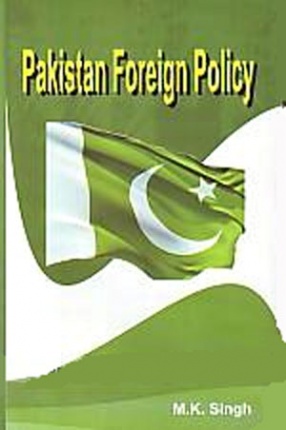
Pakistan

299 books

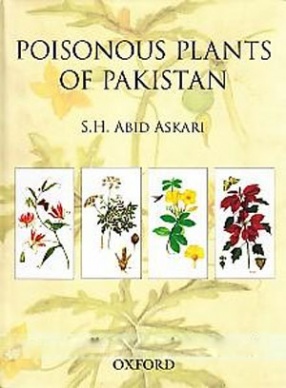
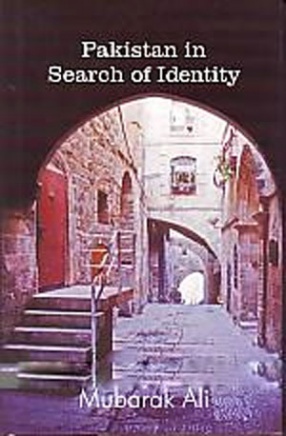
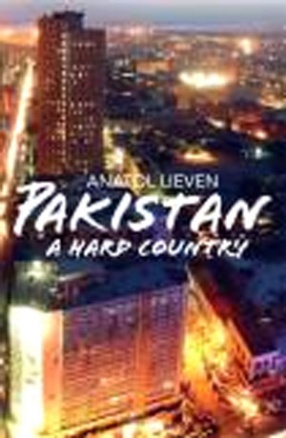
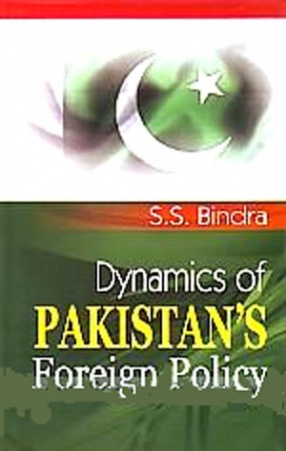
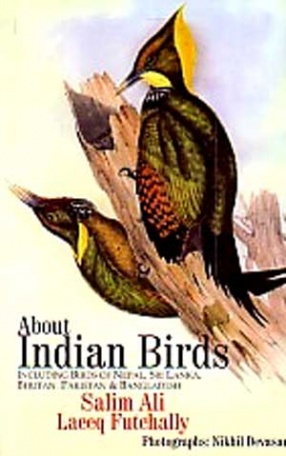

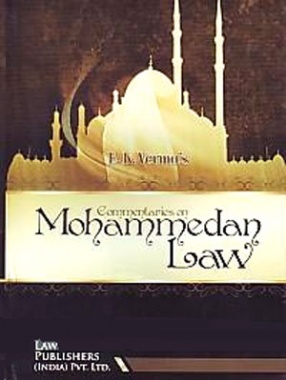
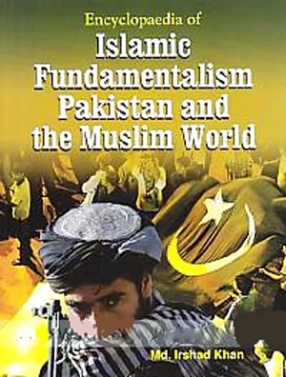
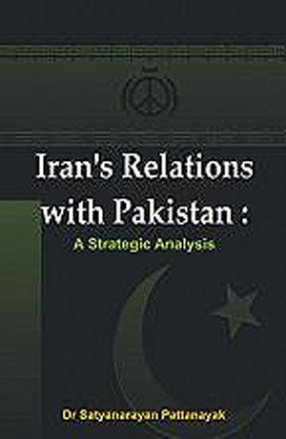
Both Iran and Pakistan represent two distinct patterns of political systems and navigating their relationship is a very difficult task indeed. However, new developments between them in recent years have created salutary interest among scholars of international relations to focus on their long term relationship. This book focuses on various facets of this relationship in a long term perspective by analyzing them under various phases.The period from 1947 to 2010 ...

Many people regard plants as an integral part of their natural surroundings, to be used as food or medicine or even for decoration. However, not so many people realise that of the 300,000 or so identified species of plants in the world, around 700 are known to be poisonous, and many of these surround us in our daily lives, in our gardens and sometimes even in our homes. In Poisonous Plants of Pakistan, the author has collected, in one volume, information about ...
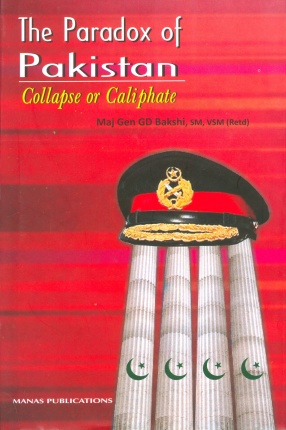
The state of Pakistan today presents a dangerous paradox. The indiscriminate weaponisation of its civil society has eroded the very basis of a modern state premised upon a monopoly of violence. Its economy has twice reached the brink of collapse in the last ten years (1998-2008) yet the Military-ISI Complex in Pakistan is conjuring visions of a new caliphate centered in Islamabad. Since 2006 it has been convinced that the USA and NATO do not have the stomach to ...

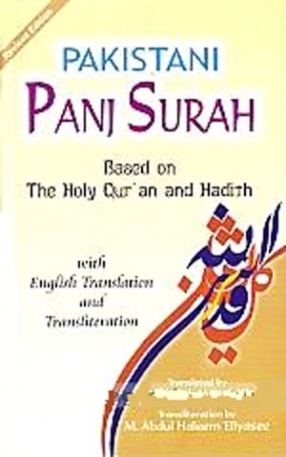

In the past decade Pakistan has emerged as a country of immense importance. Large, heavily populated, strategically placed between Iran, Afghanistan and India, Pakistan has since its creation just over sixty years ago been pulled in several different, irreconcilable directions.In the wake of Pakistan's development of nuclear weapons, Osama Bin Laden's presence in its unpoliceable border areas, its shelter of the Afghan Taleban, and the spread of terrorist ...

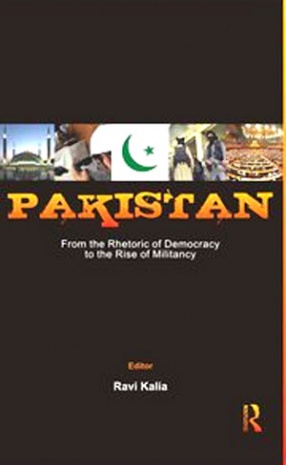
The essays in this volume address the central theme of Pakistan's enduring, yet elusive, quest for democracy.The book charts Pakistan's struggle from its very inception, at least in the political rhetoric provided by both civilian and military leaders, for democracy, liberalism, freedom of expression, inclusiveness of minorities and even secularism. At the same time, it demonstrates how, in practice, the country has continued to drift towards increasingly ...
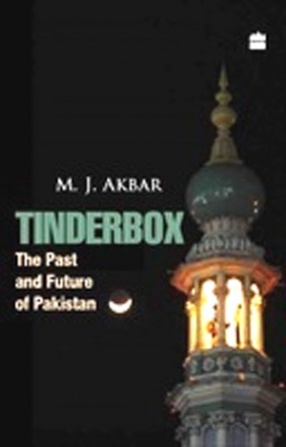
Indians and Pakistanis are the same people: why then have their nations moved on such different trajectories since freedom in 1947? The idea of India is stronger than the Indian, and the idea of Pakistan has proved weaker than the Pakistani. Pakistan was not born across a breakfast table. It was the culmination of a search for what might be called Muslim space that began during the decline of the Mughal Empire, by a North Indian elite driven by fear of the future ...
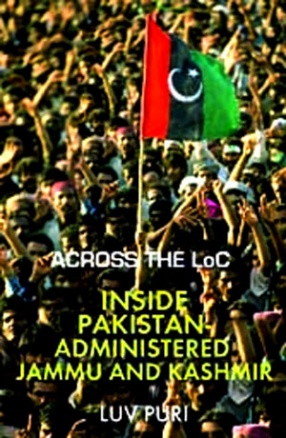
The Kashmir issue has been a subject of international attention ever since the subcontinent was partitioned in1947. The clash between India and Pakistan over the coveted territory led to the emergence of Indian-administered and Pakistan-administered areas. While the social and political conditions in the former have been widely discussed, even among Kashmir experts there is little knowledge of Pakistan-administered Jammu & Kashmir (PAJK), particularly its ...
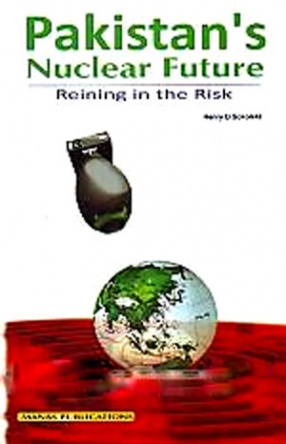
Since its evolution in 1947, Paksitan’s growing crisis of governing ability is disturbing the policy makers across the world because of it becoming a terror breeding and exporting state. Two major wars between India and Pakistan in 1948 and 1965 on the contentious issue of Kashmir has also soured the relationship between the two countries. Amassing of nuclear deterrent both by Pakistan and India has complicated the security scenario in the geopolitical ...
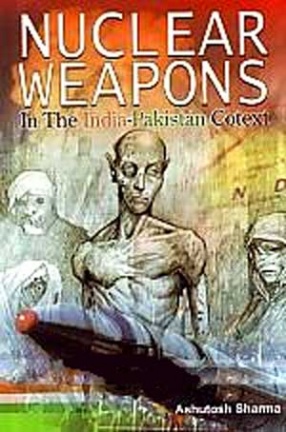
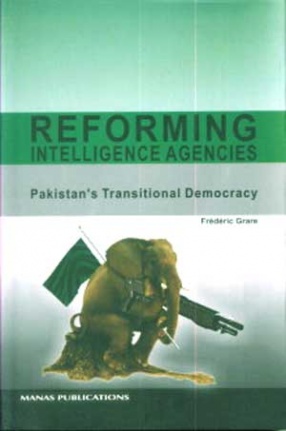
Pakistan, since evolution in 1947, has witnessed the leading role of military, intelligence and security agencies in it’s political life and governance. The intelligence agencies in tandem with the army have determined the fate of the people and the nation. As a result, their role has always been highly controversial. Pakistan’s military governments, like those of General Ayub Khan, Yahya Khan, Zia- ul-Haq, and Pervez Musharraf, and civilian ...
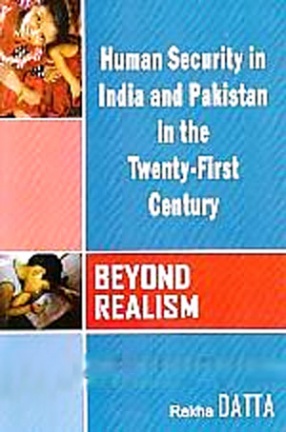
As the world changes, many scholars, analysts, and policy makers agree that while governments need to comfort external threats, creating sustainable domestic environments is an imperative policy priority. In the post-cold war period, several bilateral conflicts-including the nuclear tests of 1998 and the post-9/11 world in which South Asia has become a breeding ground for terrorists-continue to make India and Pakistan a pivotal region.This book will contribute to ...
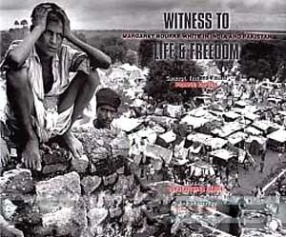
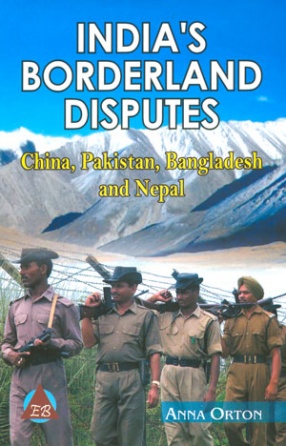
Boundaries are manifestations of national identity. They can be trip-wires of war. This is all the more important if the involved parities are nuclear powers. The nuclearisation of South Asia has threatened to inflame long-standing boundary disputes that India has with China, Pakistan, Nepal and Bangladesh. This book attempts to examine all the major aspects of these disputes. Going deep into their historical legacies, it discusses ...

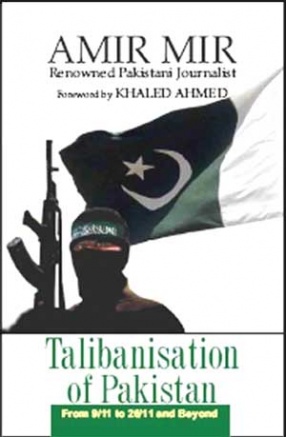
Media Appreciation:Pakistan's sincerity in dealing with terrorists operating from its soil has always been a subject of speculation. As India prepares for some serious stocktaking on the first anniversary of the 26/11 attacks, concerns remain about the possibility of similar terrorist attacks being launched from Pakistan in the future. Amir Mir shows in his book how Talibanisation began with Gen Zia-ul-Haq and continued to flourish even under the man who ...
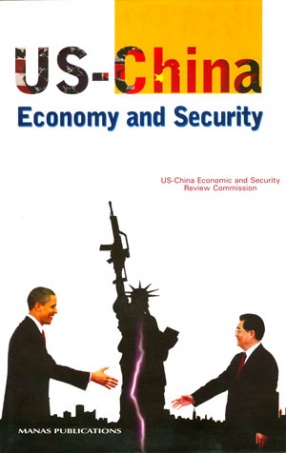
Sino-American relations refer to international relations between the People’s Republic of China (PRC) and the United States of America (USA). Most analysts have characterized present Sino-American relations as complex and multi-faceted, with the United States and the People’s Republic of China being neither allies nor enemies. Generally, the U.S. government and military establishment do not regard the Chinese as an adversary, but as a ...
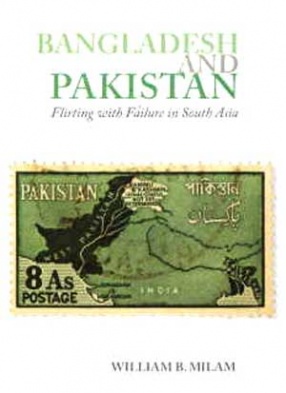
Since 1971, Pakistan has evolved into a praetorian state plagued by army interventions and corrupt civilian governments. Nevertheless, the tunnel-vision of General Musharraf triggered a political implosion in 2007, and widespread dismay over the assassination of Benazir Bhutto has led Pakistanis to vote overwhelmingly for unfettered civilian rule and the diminishment of religious parties. In contrast, the Bangladesh Army seems intent on returning control to ...
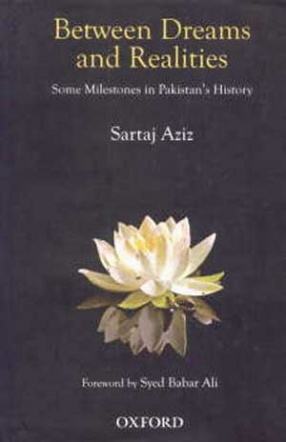
This book contains an illuminating record of the milestones and turning points in Pakistan's political history. It explores the basic causes of the failure of democracy in Pakistan and tries to demonstrate that only a genuine democratic dispensation and not military rule with a civilian facade can ensure its survival as a viable federation. Sartaj Aziz also argues that the vitality of a nation comes not only from economic progress and military might but also ...
